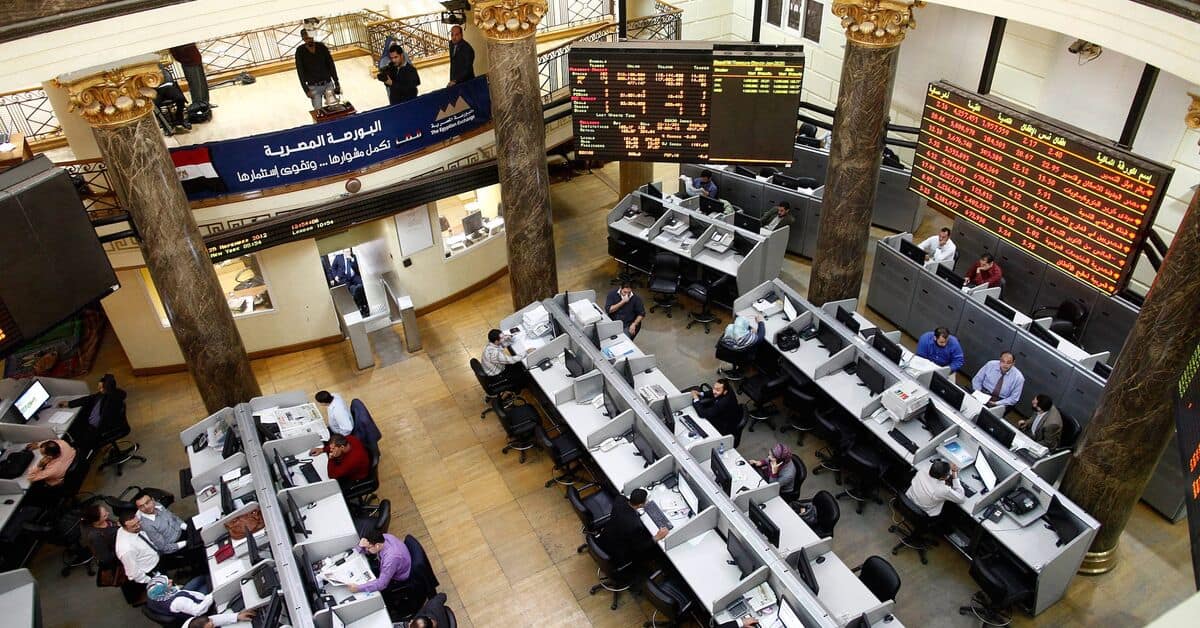Cairo, Egypt— In spite of monetary policy tightening, Egypt has seen the market capitalization of its stock exchange vault by US$2.7 billion in August.
According to a bourse report, the market capitalization of listed companies’ shares grew 8.2 percent to US$35.63 billion from $32.91 billion by July end.
In terms of index gains, the blue-chip EGX30 index jumped by 5.6 percent during the month, gaining 531 points to 9,998 points at the end of August trading.
The total value traded during the month reached $5.2 billion, with a total of 6.6 million securities executed.
Stocks traded accounted for 55 percent of the total trading value on the main market while the remaining 45 percent were captured by bonds.
Egyptians contributed 82.8 percent of the value traded in listed stocks, foreigners by 11.9 percent, and Arabs by 5.3 percent.
The country’s stock market gains came amid ongoing economic challenges, with the Egyptian pound further devaluating against the dollar and soaring inflation.
In August, Egypt’s president Abdel Fattah El-Sisi accepted the resignation of central bank governor Tarek Amer, who was appointed as governor back in 2015.
Following his resignation, Amer was named a presidential adviser and replaced by Hassan Abdallah as acting governor.
Global credit rating agency Moody’s said that the leadership change indicated broader policy changes to come in response to the escalating credit risks, a drop in foreign currencies, and the increasing payment risks.
Egypt’s credit rating was set at B2 with a negative outlook by Moody’s, suggesting the country’s lack of ability to meet its financial commitments and therefore not of an investment grade.
It reported that Egypt is likely to further devalue its currency to partially offset the impacts of rising inflation.
Food price inflation in the North African country has been witnessing an upward trend over the last two years, reaching 22 percent in July 2022.

